5 critical stages of play
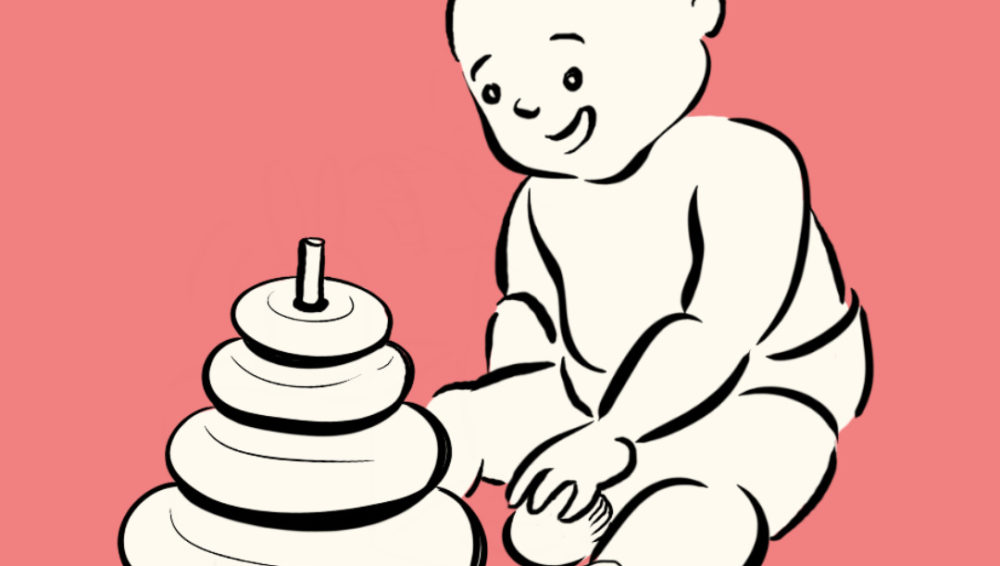
Play is an activity that is not only fun to pass time with but also incredibly important for a child’s development.
Why play matters
Young children develop important skills through the power of play. They learn language, emotional, creativity and social skills. Play also helps to nurture imagination and give a child a sense of adventure. If children lack play, they might later lack the ability to find friends at school and even solve problems at work that require creative thinking.
Common stages of play
We can identify five stages of play during childhood, all of which are important to Your Child’s development.
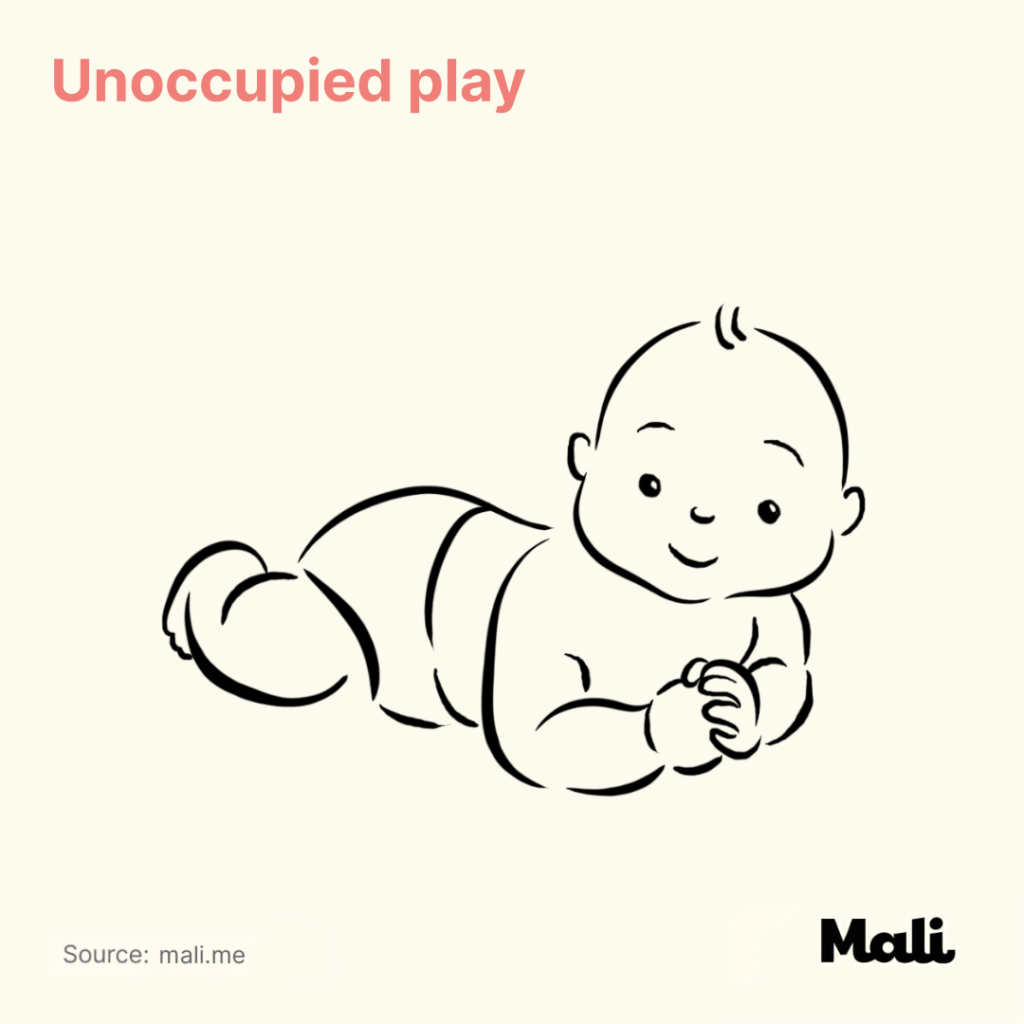
Unoccupied play: This occurs from birth until the baby is about 3 months old. The baby moves the legs, arms, hands, and other body parts randomly. While the baby makes the movements purposelessly, it helps the baby to develop self-control.
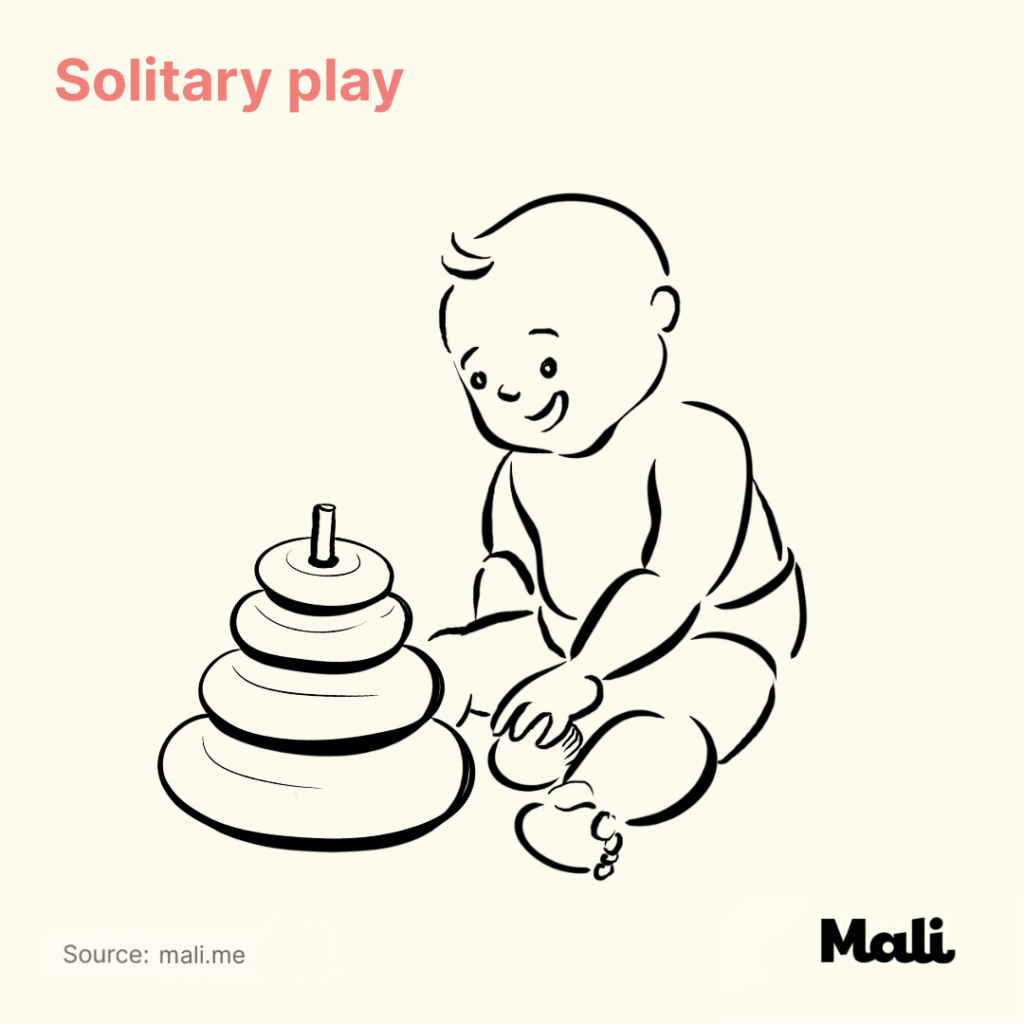
Solitary play: This stage starts in infancy and continues until the child is about 2 years old. It is when children start to play on their own, without noticing other kids around. At this stage, children will also play with toys differently from other kids. Solitary play helps kids to master new personal skills like cognitive and motor skills, which prepares them for playing with others.
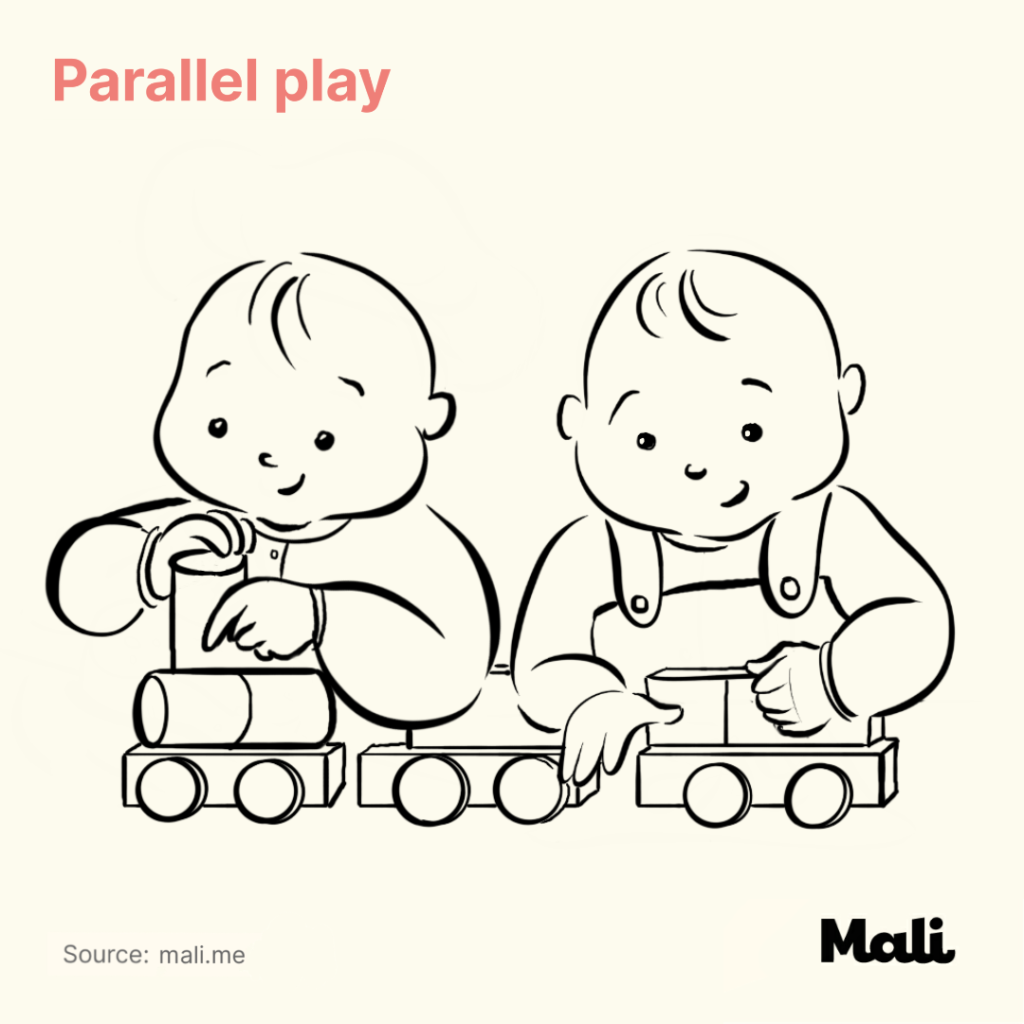
Parallel play: This occurs after 2 years of age. At this stage, a child doesn’t only observe what other kids are doing but also tries to do the same. Children can play the same type of game next to each other but without interacting with one another. However, they may glance at the other kids once in a while.
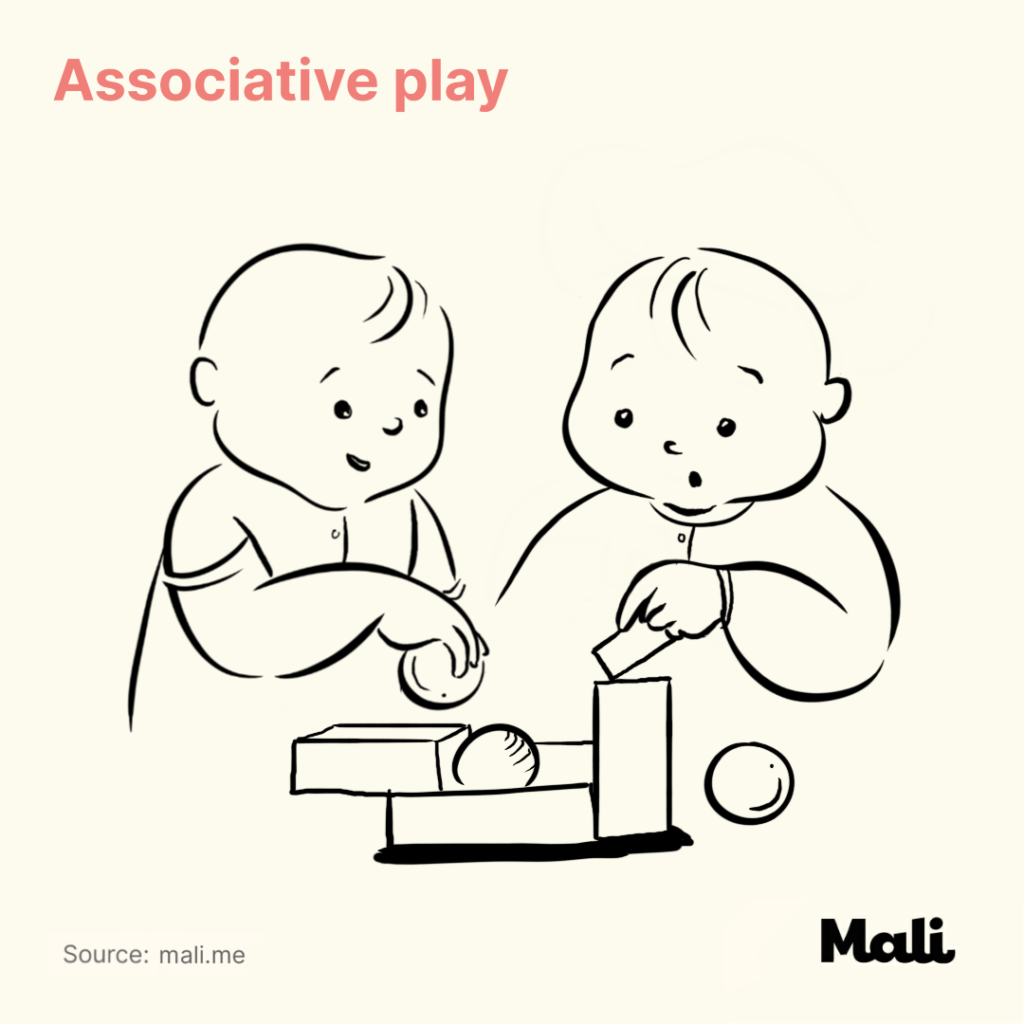
Associative play: It occurs around age 3 – 4 years. Here, the children start to interact with each other, but the play is not organized. Associative play helps the children to start building social skills. For example, kids might all be playing on the same piece of playground equipment but all doing different things like climbing, swinging, etc.
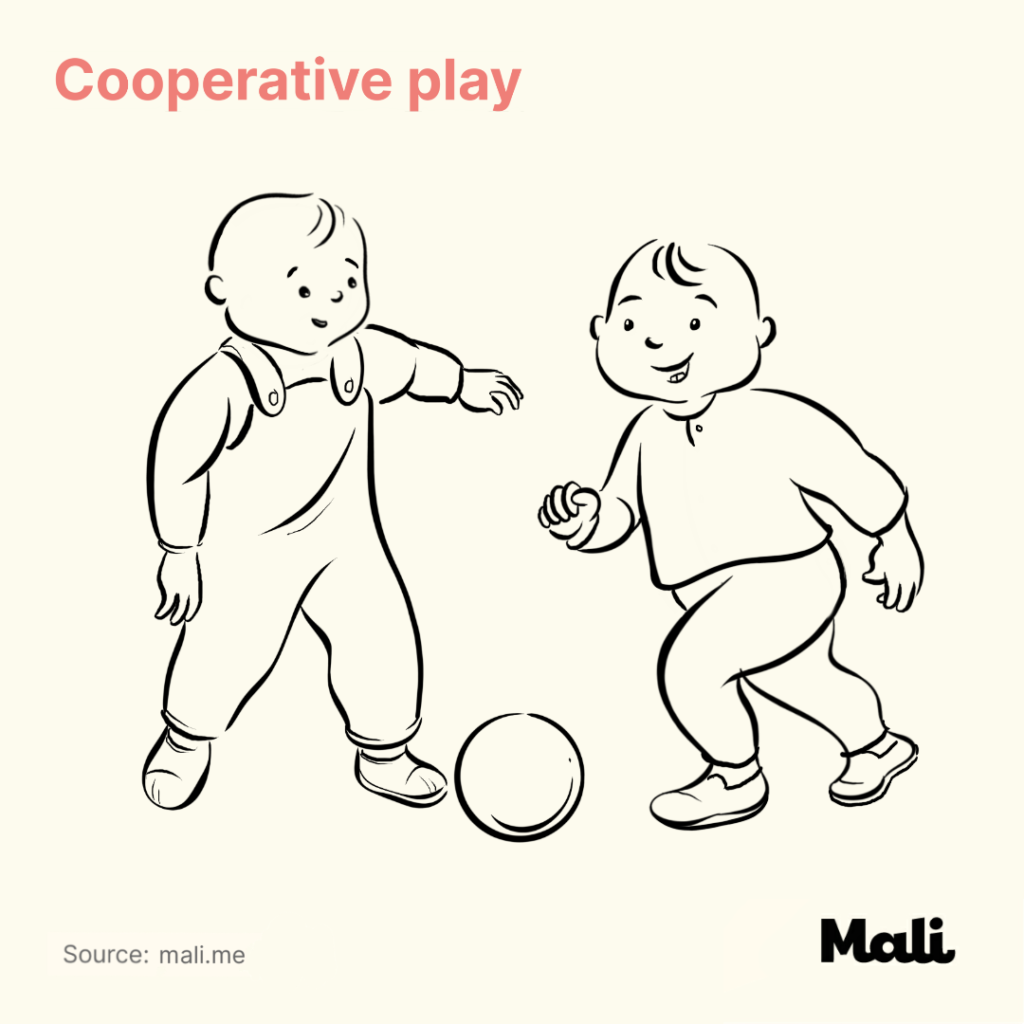
Cooperative play: Also called social play, this stage occurs around year four. Children at this stage interact freely with themselves and can organize their games. They might adopt group goals and set rules for their games.
These stages are general guidelines for what to expect of your child’s play skills, but remember every child is different.
Verified:
Dr. Ketsupa Jirakarn (Mental health specialist) (31 March 2021)



